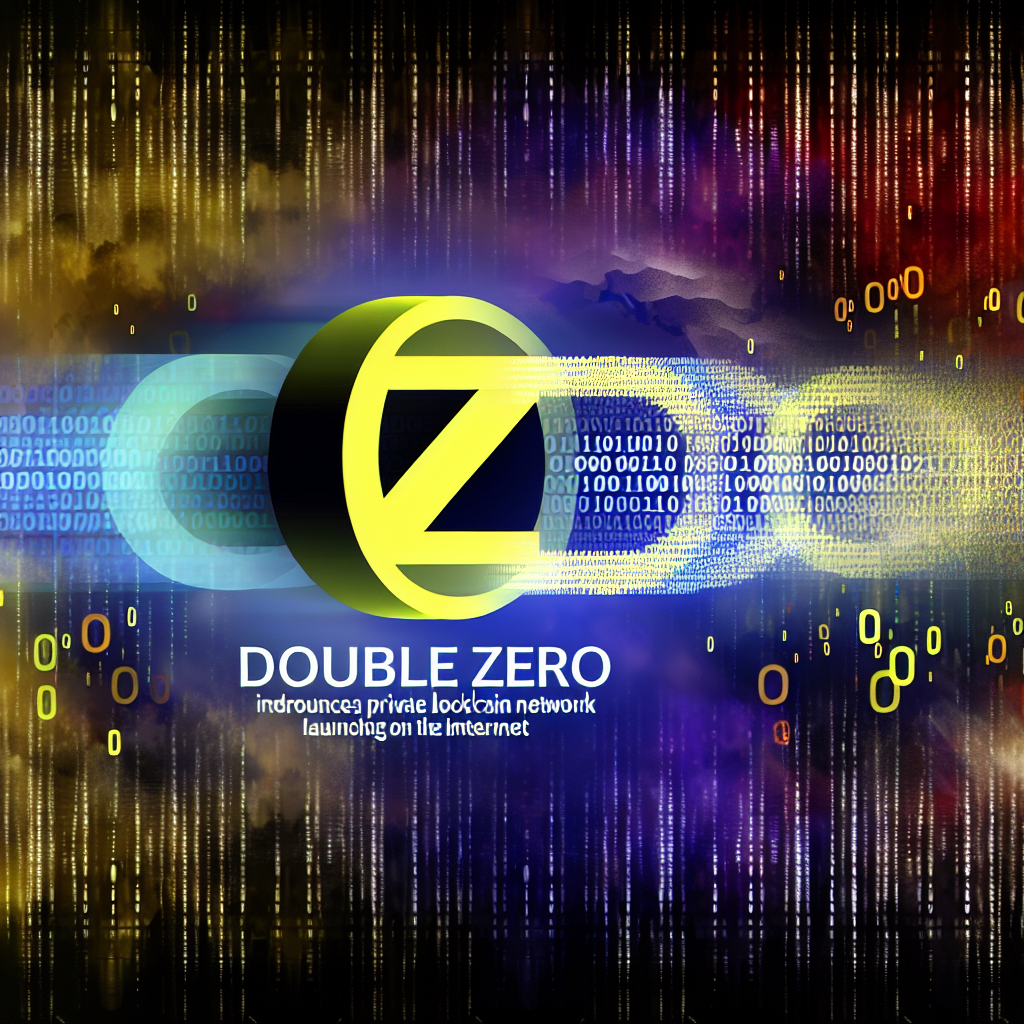The DoubleZero protocol, a rapid network of fiber-optic connections designed for high-throughput blockchain traffic, officially launched its mainnet-beta on Thursday, alongside the public introduction of its utility token that powers the network.
DoubleZero’s decentralized physical infrastructure network (DePIN) now establishes over 70 direct high-speed connections across 25 geographic locations, enabling blockchain traffic to be routed directly from source to destination, minimizing communication latency and optimizing speed.
The public internet is seen as a bottleneck for crypto, DoubleZero founder Austin Federa mentioned to Cointelegraph in May, stressing that the public internet was not engineered for distributed consensus protocols due to its congestion from general-purpose traffic like gaming and media streaming. Federa stated:
“The downside of the public internet is that it was never built for high-performance systems. It was always built for this sort of relationship of one big server talking to one little server.”
The launch of DoubleZero’s high-speed communication network tailored for blockchain and crypto signifies a maturation of the industry, moving away from dependence on the public internet and its inherent limitations on distributed digital networks.
Related: SEC clears DePIN tokens as ‘fundamentally’ outside jurisdiction
SEC clarifies DePIN tokens fall outside its oversight
The US Securities and Exchange Commission (SEC) issued a no-action letter on Monday regarding DoubleZero’s proposed token launch, marking a significant win for blockchain DePIN networks.
“The person who operates a node, provides storage, or shares bandwidth receives a reward. These tokens are neither shares of stock in a company nor promises of profits from the managerial efforts of others,” SEC commissioner Hester Peirce stated.
“These projects allocate tokens as compensation for work done or services provided,” she added, asserting that DePIN node runners operate more like owner-operators of businesses than investors in securities.
The SEC’s no-action letter facilitated the public rollout of DoubleZero’s native token, following its closed sale to validators in April.
This also indicates a dramatic change in the SEC’s previous stance, which classified most crypto tokens as securities and pursued legal actions against crypto firms launching innovative products outside conventional asset categories.
The SEC under former chairman Gary Gensler’s leadership incurred at least $426 million in litigation expenses for crypto firms, as reported by advocacy group The Blockchain Association.
Magazine: Most DePIN projects barely even use blockchain: True or false?

